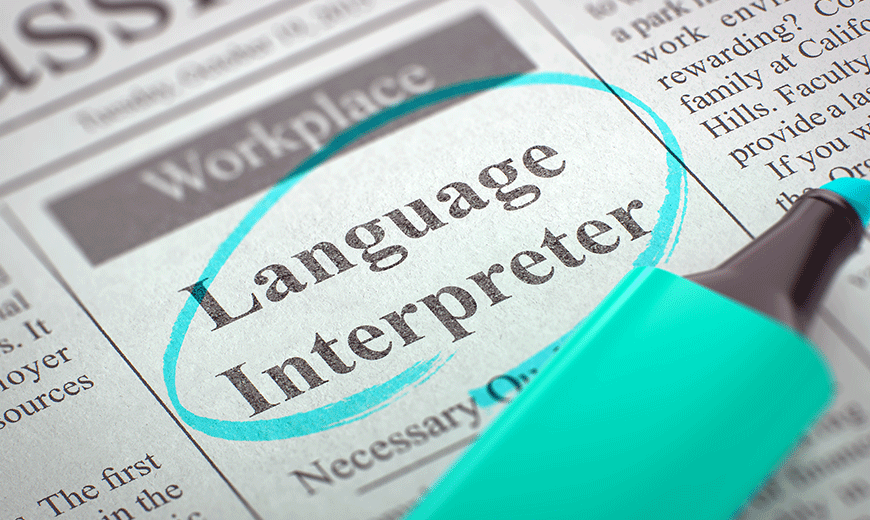
3 Key Benefits to Being Bilingual in the Workforce
Is the ability to speak Spanish as well as English truly an advantage? According to leaders in tech, translation, education and health, the answer is a resounding “YES”. Being bilingual in the workforce can make for a well-rounded team at any company. When your child can add fluency in Spanish to their resume, they become a unique and valued job candidate.
Networking on a New Level
The ability to speak a second language like Spanish can open some surprising doors. As young people begin to start competing with one another for internships or entry-level jobs, it will be essential that they stand out. A young graduate who is fluent in a language other than English will have a distinct advantage. A bilingual applicant can be considered for an interview in Spanish, reach a broader, bilingual customer base or work with a client from a Latin country.
A new employee at a sales job or in a global company who can read, write and speak Spanish will be able to make more connections than one who doesn’t. The ability to communicate and network across languages is an important skill and one that could not only get your son or daughter advance in a company. For example, a monolingual sales representative can earn a great commission, but the bilingual salesperson will reach a broader audience every time.
A Bilingual Career
The chance to be an interpreter or translator can be a great one as it opens doors in a variety of fields. Someone who can help people share knowledge or skills is highly valuable to scientists, a country’s government, a sales team, a major tech company and more.
Several fields are desperate for bilingual speakers or those who can read and write in a language other than English. Bilingualism is a skill that many American workers don’t develop, so those that come into a new job with the ability to help out on a conference call or who can write copy in Spanish for international customers could land a great career – one as a translator. (More so than just the translator, by proxy the translator becomes the gatekeeper to the whole conversation.)
Other places that are in need of bilingual workers is education. Schools need more than teachers who can speak Spanish. Schools typically seek out counselors, administrators and superintendents who can speak with all members of their local community. Healthcare is in a similar situation; many hospitals are stuck without enough bilingual staff, office workers or directors. Many hospitals medical staff as much as 10% more than the average hourly wage if they they’re bilingual. That extra pay could be as high as an extra $6,000 a year.
Jobs are changing fast and your son or daughter will need to be able to adapt. A second language is a big step towards a better job with higher wages and more room for growth.
Executive Brain Function
Even if a worker doesn’t use their second language every day, there is still a great argument for being bilingual – it makes individuals work better and smarter.
Bilingual people have more practice using their brains in a new way. This makes them more able to multitask at work and get more done on a daily basis. Also, bilingual workers have an easier time controlling their emotions and impulses.
Bilingual workers also have amazing memories and attain sharper focus at work. As the brain works harder to attain both languages, it becomes better at storing facts and helping your son or daughter keep useful tidbits at the forefront of his/her mind. This means that your super star will truly shine in whatever career he or she chooses.
Have any success stories to share about being bilingual in the workforce? Be sure to share them with the HSA community in the comments below!
Ready to try a free class? Click here to schedule your first session with one of our live, online instructors and see the HSA difference for yourself.
Today, he enjoys innovating and driving the business forward.
- Ride the Wave: Why Bilingualism in English and Spanish Is Your Ticket to Success - June 12, 2024
- It’s Our Birthday! Homeschool Spanish Academy Turns 10 - August 10, 2020
- Learn Spanish Fast: Reshaping the Methods Used to Learn Spanish - March 5, 2019
